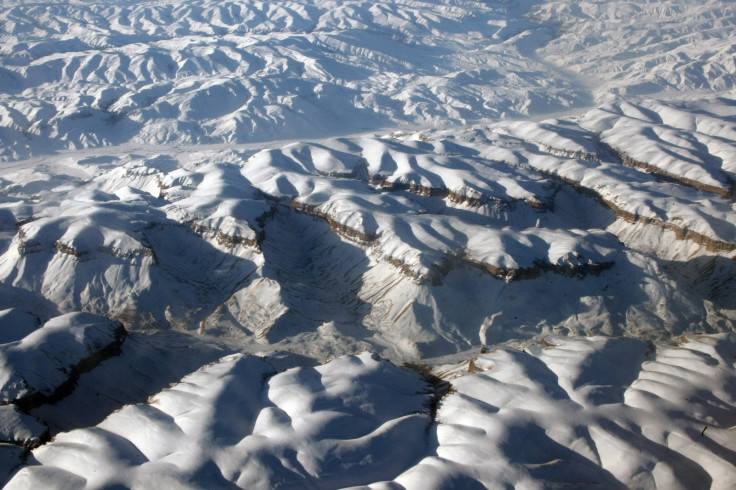Himalayan glaciers could lose up to 80% of their ice due to global warming: Report
The melting of glaciers will increase the threat of flash floods, avalanches, and droughts.

Climate change and global warming are some of the biggest threats to our world. Now, a new report has said that the Himalayan glaciers could lose up to 80% of their volume this century if the temperatures continue to rise.
The report has been released by the Nepal-based International Centre for Integrated Mountain Development (ICIMOD).
The authors of the study have warned that the changes to the Hindu Kush Himalayan (HKH) region are "unprecedented and largely irreversible." The Himalayan glaciers are lifelines for over 2 billion people who rely on the rivers originating from these peaks. The Hindu Kush Himalaya mountain ranges span eight countries.
"The glaciers of the Hindu Kush Himalaya are a major component of the Earth system. With two billion people in Asia reliant on the water that glaciers and snow here hold, the consequences of losing this cryosphere are too vast to contemplate," said Izabella Kozol, Icimod's deputy director general.
The melting of glaciers will increase the threat of flash floods, avalanches, and droughts. Last year, Pakistan witnessed deadly floods as a result of the severe heatwave that caused the melting of glaciers and record monsoon rains. Multiple experts blamed climate change for the damage witnessed by the South Asian nation.
Other studies:
ICIMOD had issued a similar warning last year, stating that two-thirds of the area's glaciers would melt by the year 2100.
By the said year, the glacier-covered peaks will reveal the rocks underneath and will create sharp changes in the weather and sea levels worldwide. The report said that even if we manage to cap global warming at 1.5 degrees Celsius by the century's end, the world will still permanently say goodbye to one-third of the region's ice.
Scientists warned in 2009 that if melting continues at current levels, two-thirds of the plateau's glaciers will likely be gone by 2050, potentially affecting up to two billion people in China, India, Pakistan, Bangladesh, and Bhutan.
In 2013, a report prepared by the University of Milan revealed that the glaciers on Mount Everest are shrinking and have lost 3% in 50 years.
Research presented at the Meeting of the Americas in Cancun, Mexico, showed that the snowline of the world's highest peak had shifted 180 metres upwards over the last half-century. The team also found that the area around Everest has been warming since the 1990s, while snowfall has been declining.
It is not just the Himalayan glaciers that are under threat due to global warming; the Swiss Alps and Alpine glaciers have also witnessed rapid melting over the last few years. Last year, Europe witnessed an unprecedented heatwave that pushed the freezing point in Switzerland way above its highest summits.
The high temperatures even caused the border between Switzerland and Italy to shift. The border between Italy and Switzerland runs for 800.2 kilometres. The ice on and around Matterhorn Mountain has been melting and is literally moving the mountainous border between the two countries.
In 2020, scientists' climate change models predicted that the ice sheets in Greenland and Antarctica were also melting at a "worst-case scenario" rate.
The study was conducted by researchers from the University of Leeds and the Danish Meteorological Institute. As per the findings, a further increase in sea levels could put 16 million people in danger of coastal flooding by the end of the century. Globally, the decade to 2019 was the hottest ever recorded, and the five hottest years have all occurred within the last five years.
Famous glaciologist Christoph Mayer warned that high temperatures coupled with low rainfall may result in the disappearance of Germany's five alpine glaciers within the next 50 years.
"We have around 3,000 glaciers still in the Alps, and there are a few very large glaciers in the Alps that will survive for a long time. But it is already the case that the majority of the glaciers in the Alps will disappear in the next 50 years," he told the BBC last year.
© Copyright IBTimes 2024. All rights reserved.






